Group Therapy
Group therapy is a process through which a small group of people meet face-to-face with a trained group therapist to talk about a particular issue(s) with which all of them are struggling. Alongside the therapist who acts as a guide or facilitator, group participants have an opportunity to express their feelings, hear different points of view and explore various techniques and strategies to help them cope, heal and grow. Group therapy provides the added element of peer support and affirms the idea that we are not alone.
Group therapy often takes place for a specified period of time and can be either in an open format (participants can start at any point and have no requirements around attendance) or closed format (participation is closed once the group starts and new participants are unable to join the group beyond that point). Group participants typically discuss and agree to rules around confidentially and conduct within the group at the first session and usually make a commitment to participation in all sessions.
Group therapy is not intended to take the place of individual therapy. Group participants displaying the need for more intensive therapy may be referred for additional treatment. All groups run for 1.5 hours unless otherwise stated. Participants are required to commit to attending all sessions unless commitment is ongoing or open or arrangements are made prior to the start of group.
Types of Groups
There are a variety types of group therapy types. However the 5 most common and those you will typically see offered at NEW include:
Psychoeducational groups which involve a therapeutic approach focused educating group participants about their conditions and providing them with new coping strategies. These groups usually focus on a specific issue, such as self harm, anxiety, or grief.
Skills development groups typically focus on introducing and improving the skills that group participants need to enable them to better cope with certain mental health conditions and a variety of life challenges. These groups often utilize some components of psychoeducational groups.
Cognitive behavioral group therapy attempts to challenge, restructure and reframe the beliefs a person may have that contribute to emotional dysregulation and negative or harmful behaviors. Cognitive behavioral groups may focus on identifying triggering situations and environmental stressors that impact behavior.
Support groups typically are focused on helping participants cope with significant life changes including a variety of losses such as the death of a loved one, divorce, or chronic illness diagnosis. In support groups, a sense of unconditional acceptance is usually encouraged and nurtured as well as self reflection and self awareness to bring about change.
The interpersonal process group model (or processing group) uses a psychodynamic approach to promote change. In a processing group, there is often an exploration of participant’s early life experiences, subconscious beliefs and feelings to better understand the foundations of their personality and behaviors.
Current Group Offerings
Mother WOunds Group
(VIRTUAL)
An adult women’s (30+) processing group dedicated to exploring, processing and healing from wounds and traumatic bonds between women and their mother’s.
Commitment: 8 weeks
Fee: $50/session
Start Date: Registering NOW!
Day and Time:TBD
Women’s Wellness Group (VIRTUAL)
Designed for female-identified adults, 30+, this group focuses on issues related to self-worth, self-love and self-esteem that impact relationships, career and overall functioning. Topics covered include examination of beliefs, negative self-talk, behavior patterns, emotional maturity, interpersonal relationships and self-care.
Commitment: 12 weeks
Fee: $50/session
Start Date: Registering NOW!
Day and Time: TBD
Adult Grief group
(In-Person)
Processing/psycho-education group designed for young adults (age 25-35) to assist alongside peers gain information and process grief relevant to current stage in life.
Commitment: 8 weeks
Fee: $50/session
Start Date: Registering NOW!
Day and Time: TBD
Biblio-Therapy group
(Virtual)
An adult women’s (30+) therapeutic book club focused on exploring and reflecting on life and a gamut of life challenges through the lens of the written word.
Commitment: 8 weeks
Fee: $50/session
Start Date: Registering NOW!
Day and Time: TBD





